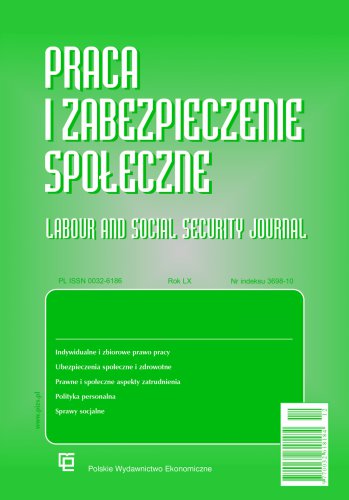Employers are obliged to support their employees in the process of managing their resources. This paper explores the correlation between social workers' personal resources and their level of achievement motivation. The analysis of the psychosocial potential of social workers is part of a stream of research on positive aspects of social service professional functioning. In the study, the Hobfoll Self-Assessment of Resources Questionnaire and the Questionnaire to Measure Achievement Motivation by M. Widerszal-Bazyl were used. The results of a 103-person group of social workers with a mean age of 38 years were analysed. Using factor analysis, five factors were identified within the broadly defined personal resources, which, according to the research technique used, were analysed in terms of the degree to which they were acquired, their importance to the person surveyed and their sense of loss. In the case of achievement motivation, the total score and its dimensions were analysed, in accordance with the Widerszal-Bazyl approach. Statistical analysis allowed the main conclusions of the study to be drawn. There is a relationship between the level of achievement motivation and its selected dimensions and the degree of importance, acquisition and loss of some personal resources. On the other hand, taking into account the overall score for achievement motivation, it turned out that its intensity decreases with the increase of acquired material resources. Correlations between all analysed dimensions of personal resources and the intensity of aspirations of the surveyed group of employees were also revealed. The results of the study may foster a change in the understanding of the psychosocial potential of social workers, and may also prove helpful to social work supervisors and those organising their support and professional training.
Keywords: social worker; resources; achievement motivation

